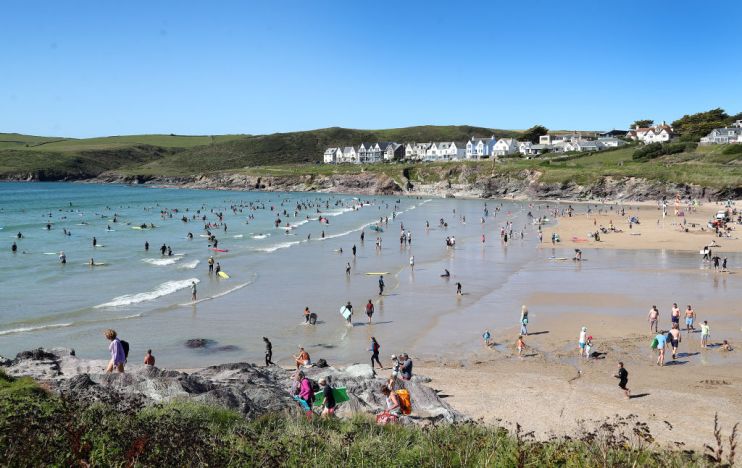UK loses £7bn from Omicron restrictions’ impact on travel and tourism

The UK has lost around £7bn from the impact of Omicron restrictions on travel and tourism, according to World Travel and Tourism Council (WTTC) data.
“Imposing unnecessary travel restrictions to ‘deal’ with Omicron was not backed by science and cost the UK economy £7bn in lost revenues,” said WTTC’s chief executive Julia Simpson.
“Travel is opening up worldwide. If the UK is going to start to repair its economy, it needs to keep borders open.”
According WTTC’s data, the number of people employed in the industry fell from 4.27 million in 2019 to 3.96 million a year later – a 7.2 per cent fall.
In London, tourism might not get back to pre-pandemic levels until the middle of the decade, mayor Sadiq Khan said on 20 January. According to an analysis commissioned by City Hall, spend could take up to 2026 to surpass 2019 levels.
During the last year, the total spending made by the 60.8 million overnight tourists amounted to £3.8bn, an almost 80 per cent plunge on the £18.8bn spent in 2019 by the 147.4 million people that visited the city.
“The data I am releasing today really underlines just how devastating the drop in tourism in the capital has been – and will continue to be – for years to come,” Khan said at the time.
“It is obvious that many of London’s hospitality, retail, cultural and leisure businesses that rely heavily on tourists will be fighting for their survival for months to come, meaning many thousands of jobs are still at risk.”
Despite the bleak data, not all is lost as the global travel and tourism industry could grow to $8.6 trillion in 2022, as a result of the global vaccination campaign and travel restrictions easing in many countries, City A.M. reported.